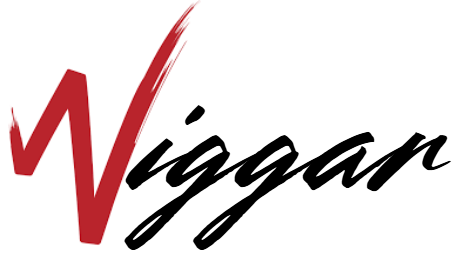The Digital Millennium Copyright Act (DMCA) is a U.S. copyright law that addresses the rights and responsibilities of digital content creators, distributors, and service providers. It was enacted in 1998 to adapt copyright laws to the challenges posed by the digital age. Here are some key aspects of the DMCA:
- Anti-Circumvention Provisions:
- The DMCA makes it illegal to circumvent technological measures that control access to copyrighted works. This includes breaking digital rights management (DRM) protections.
- Safe Harbor Provision:
- One of the most important provisions of the DMCA is the safe harbor provision. It provides a legal safe harbor for online service providers (OSP) against copyright infringement claims, as long as they meet certain conditions. OSPs are not held liable for copyright infringement if they promptly remove or disable access to infringing material when notified by the copyright owner.
- Notice and Takedown:
- The DMCA establishes a process known as “notice and takedown,” where copyright owners can request the removal of infringing content from online platforms. The OSP must promptly remove or disable access to the content in response to a valid takedown notice.
- Counter Notification:
- If the alleged infringer believes that the takedown notice was issued in error, they can submit a counter notification to the OSP. The OSP is then required to restore the removed content between 10 to 14 business days unless the copyright owner files a legal action seeking a court order against the alleged infringer.
- Online Service Provider Requirements:
- To qualify for the safe harbor, OSPs must implement and inform users of policies for dealing with copyright infringement. They also need to designate an agent to receive DMCA notices.
- Protection of Online Information Location Tools (OILTs):
- The DMCA protects search engines, directories, and other similar tools that help users find online materials by limiting the liability of these tools for directing users to infringing material.
It’s important to note that the DMCA is specific to U.S. law. Other countries have their own laws and regulations related to copyright and online content. The DMCA has been both praised for providing a legal framework for online service providers and criticized for potential abuse and limitations on fair use.

